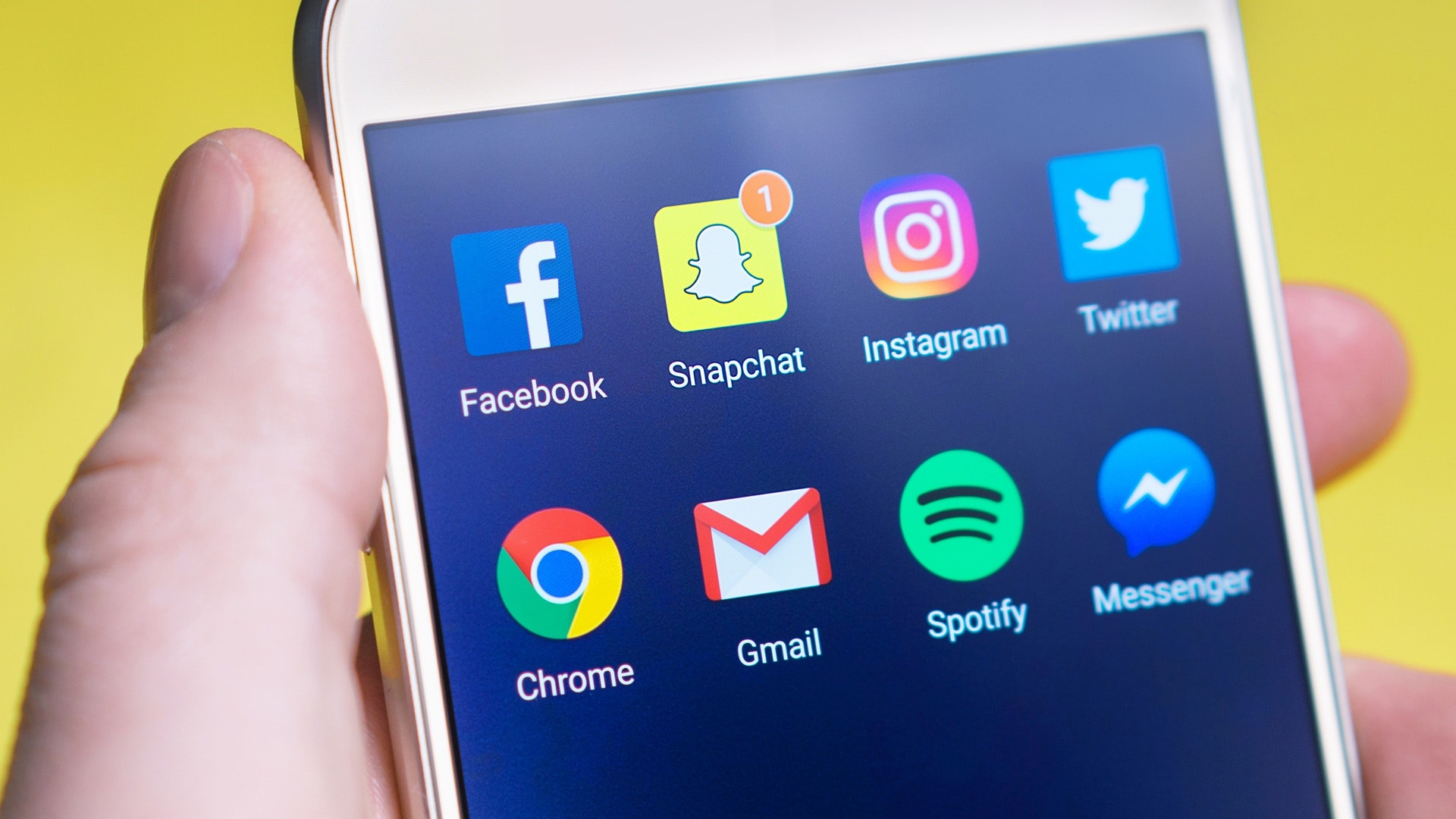Table of Contents
How technology will influence the future of marketing in 2019
Marketing is arguably the most vital lifeline of any business; it is and has always been an integral part of how business gets done. Developing the best product the world has ever seen is all well and good, but without proper marketing, the product might never get to the market or perform so badly the business will have to shut down. With the widespread adoption of technology in carrying out a lot of our day to day activities, technology has opened a new frontier for marketers to get their products to the target audience.
Digital marketing, which focuses majorly on marketing using technological tools, is not just a buzzword; it is now a behemoth in the marketing world. With predictions of marketers spending over $375 Billion on digital adverts by the time the year 2021 rolls in, it is clear to see it is actually a big deal.
A crazy reality of the world we live in is how fast technology evolves. We have moved on from a world where mobile phones were novelties to one where we carry around smartphones with processing power greater than the computers used to put the first men on the moon. So, the $375 Billion question is, how will technology influence the future of marketing in 2019?
Branding
Small and large organizations have found several ways to use technology in the launch, promotion, and awareness of their brands.
With innovations such as electronic billboards and the internet, it is now easier for brands to optimize their primary touch points, thereby fostering positive relationships between them and their target audiences.

Customer service
The use of tech to enhance customer relationships is also scoring significant points across the world of business. Back in the days, it used to take a lot to identify potentially harmful customer service red flags.
Today, the ability to monitor brand conversations in real time and also attend to PR issues before they become full-blown controversies is a big boost in the world of customer/public relations.
Feedback
Given how vital the need for interactions between brands and customers is, one other thing that technology has added to the mix is the immediate feedback.
Through media such as internet surveys, social media, live video sharing and so on, brands are now able to know which of their products or services should be scrapped or improved upon even before such products/services are released into the market for public consumption. This kind of interactions also breeds trust between brands and their customers and technology is a big part of that.

Reach
The sheer number of potential customers that can be reached by brands via the help of technology is staggering. Organizations in the corporate world are capitalizing on this to try and establish competitive advantages over their competitors. Technology has taken over the way brands develop contact with their target audience, and 2019 will only make the competition even fiercer.
The world has largely gone away from using old media like TV, radio, and print to reach the target audience, where the people are nowadays is online, on social media. As of March 2019, Facebook recorded 2.38 billion monthly users, compare this to the 23.2 million views Roseanne, the TV show with the highest viewership in 2018, had. The gap between the two is astronomical. It is only reasonable to embrace the platform where you have the highest possible reach and find a way to utilize it optimally.
Categories of tech models used in marketing
While the use of technology in marketing is not limited to the areas mentioned above, of more importance to a marketer of this new world are the specifics of the technological models and categories involved. This is because aspiring modern marketers must have an in-depth knowledge of the evolving terrain to make it on the field. I shall examine some of the categories below:
Artificial intelligence (AI) – AI is the self-development and efficiency improvement of machines to perform human tasks with little or no room for errors. With regards to marketing, it helps a lot of businesses gather more insights into the type of audiences their marketing strategies attract by recommendations, engines, predictive search, and chatterbox. AI is guaranteed to play perhaps the most crucial role in marketing going forward, as is the case already.
Internet of things (IoT) – The IoT is a network of physical devices, digital machines and other objects that allow for a smooth transfer of data over the network without any real-time interactions. This will improve on the way marketers gain insights and understanding of their consumer base.
Digital data – To marketers, data is life. Businesses use insight from data to know what the users are more into, their likes and interests. This can help businesses to draft plan B’s to salvage certain situations. The internet is a goldmine for data miners, and the ease of collecting, evaluating and using such to plan future marketing campaigns is a marketer’s dream.
Virtual reality (VR) – This will continue to be at the forefront in 2019 what with the array of fascinating new practical applications. This will no doubt be the key to distributing as much content as possible via digital channels as well as enhance user experience no matter the costs in future digitalization.
Numerous examples abound in the world of marketing of how these technological models have been used to optimize marketing campaigns.
For example, the Alexa Lost, Her Voice campaign by Amazon, aired initially at the 2018 Superbowl event used the power of voice and video technology to win the hearts of over 47 million viewers who came in contact with the ad spanning the various channels on which it was distributed.
Also, eBay and Myer brokered a partnership that resulted in the launch of a Virtual Reality inspired tech that let Australian users browse over 12,500 products using gaze recognition tech. Cherry Ripe also demonstrated how data insights could be used to optimize marketing campaigns with its OOH ad campaign.

Impact of technology on marketing
Attracts and converts customers. Once the ad is catchy, there’s a hundred percent tendency that it would attract and convert more customers.
VR and AR are both used by advertisers and marketers for short-form storytelling for brands and companies; both technologies allow for interactive experiences to be created.
It closes the loop between print and digital by helping businesses bring their audiences into a virtual storefront where they bring the real world into a digital reality customizing everything.
Exploration of new products and services; Imagine a world where everyone reads reviews or looks at photos before clicking on them.
Looking to the future
In 2019 and beyond, the business industry will continue to focus on mobile and optimized content with the number of smartphone users globally now up to over 3 billion. With regards to online trade and commerce, businesses must react and optimize digital marketing. The upgrade to 5G network connections will enable speedy running of business marketing and transactions.
More technologies and trends will rise to the fore, allowing business owners to make better marketing choices that will bring about progressive and thinking forward goals and increase consumer base. However it goes, you can rest assured that we will continue to keep you updated.
Source TechRadar




